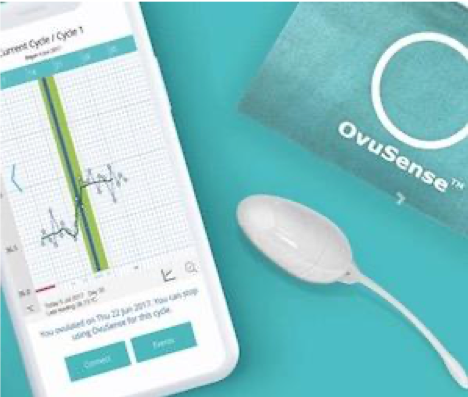Trying to conceive can be overwhelming, especially if you have been diagnosed with a hormonal condition like PCOS (Polycystic Ovary Syndrome). Although it impacts 1 in 10 women of childbearing age and is the most common reproductive endocrine disorder, many people don’t know what PCOS is until they are diagnosed.

What Causes PCOS?
PCOS is a condition that causes a dysfunction with ovulation. While the exact cause of PCOS is unknown, research shows that both genetic and environmental factors play a role. Signs of PCOS vary from woman to woman, but can include weight gain, fatigue, acne, and excess hair growth. However, the most common sign of PCOS is irregular periods. In fact, according to Zermina, “90% of women with irregular periods will have PCOS.”
How PCOS Affects Fertility
Many women believe that being diagnosed with PCOS means infertility, but that is not the case! If you have PCOS, the timing of your ovulation is likely to vary from one cycle to the next making it more difficult to conceive. You may also have infrequent periods, making it impossible to know exactly when ovulation occurs. While there are fertility obstacles associated with PCOS, with the support of your medical team a healthy pregnancy is achievable.
 OvuSense Can Boost Chances of Pregnancy
OvuSense Can Boost Chances of Pregnancy
Zermina recommends using fertility monitors, like OvuSense, to track ovulation and have the best chance at conceiving. “Charting your cycle and tracking ovulation can help provide women trying to conceive with valuable fertility information,” she said.
Read the full article in Parade Magazine here.
 OvuSense Can Boost Chances of Pregnancy
OvuSense Can Boost Chances of Pregnancy